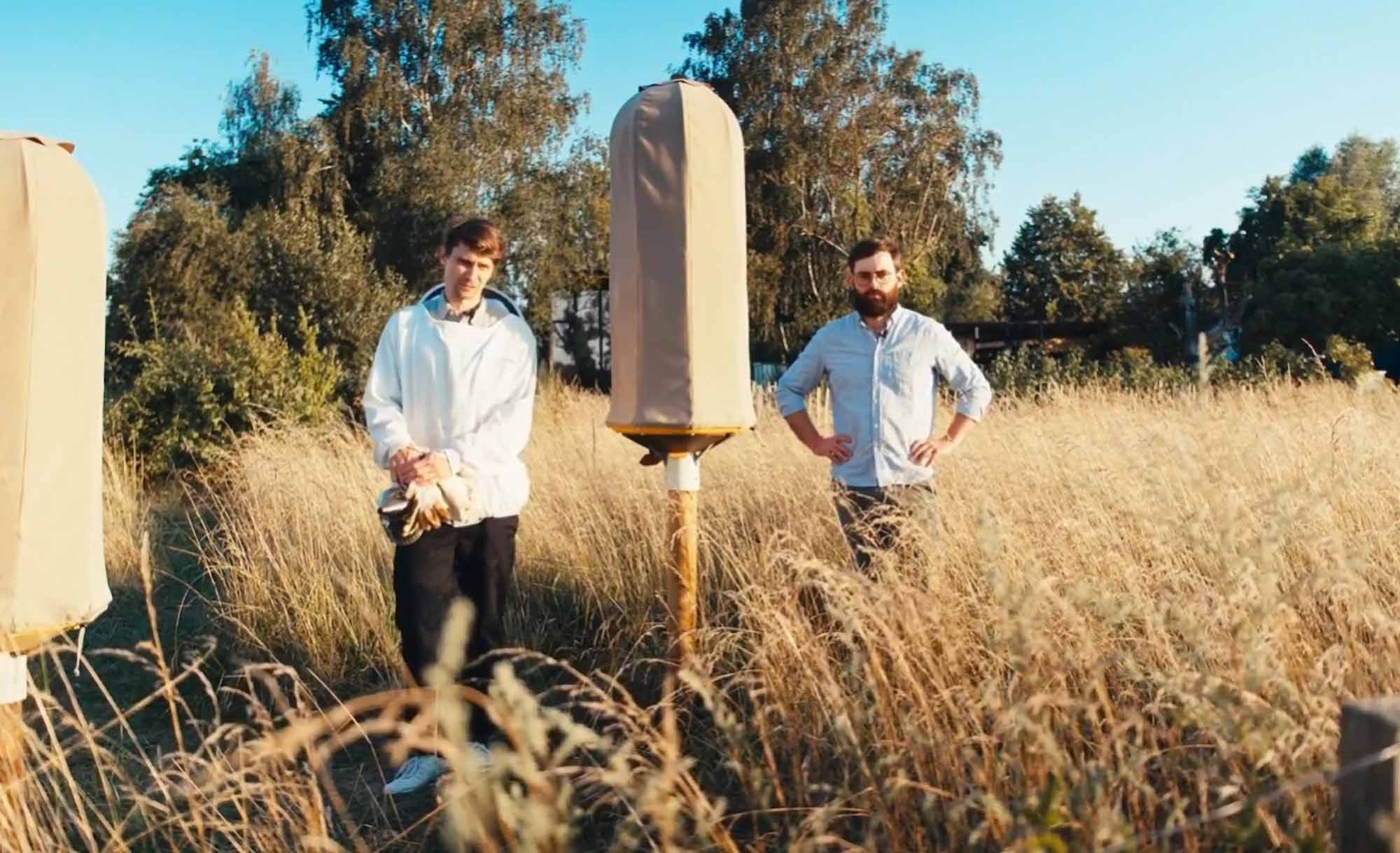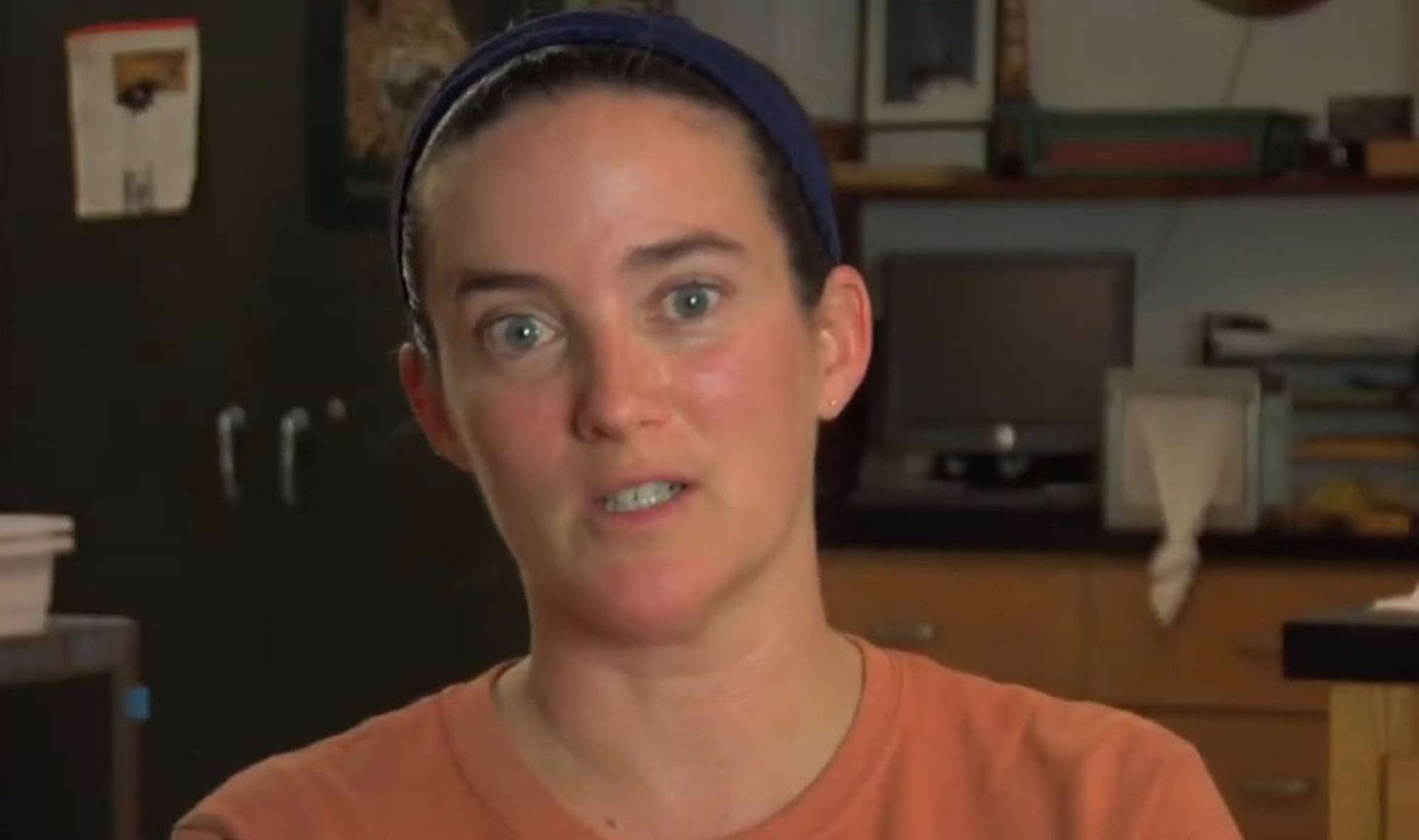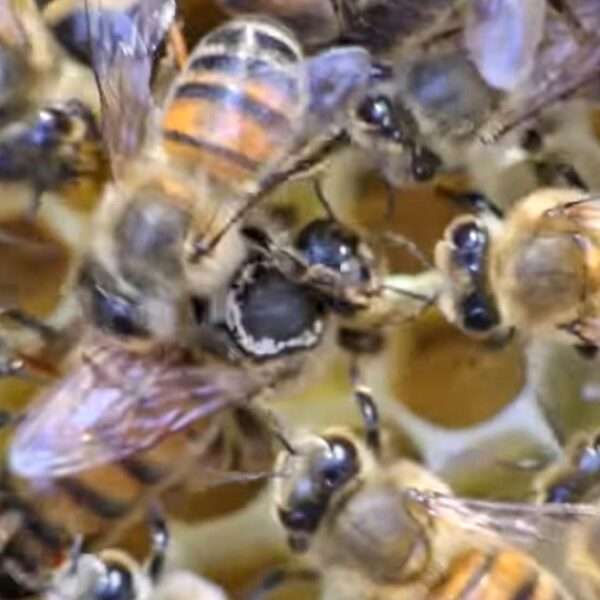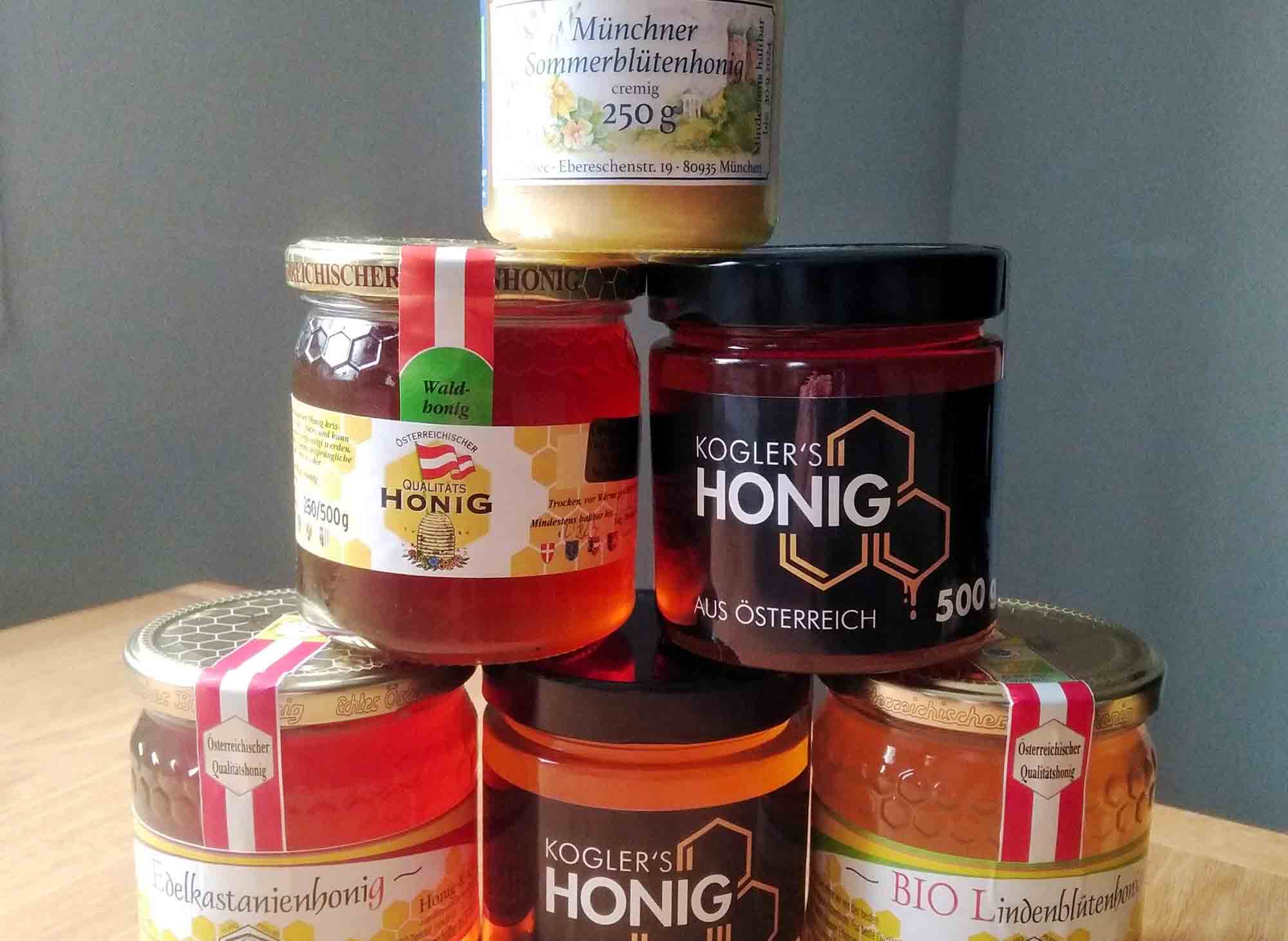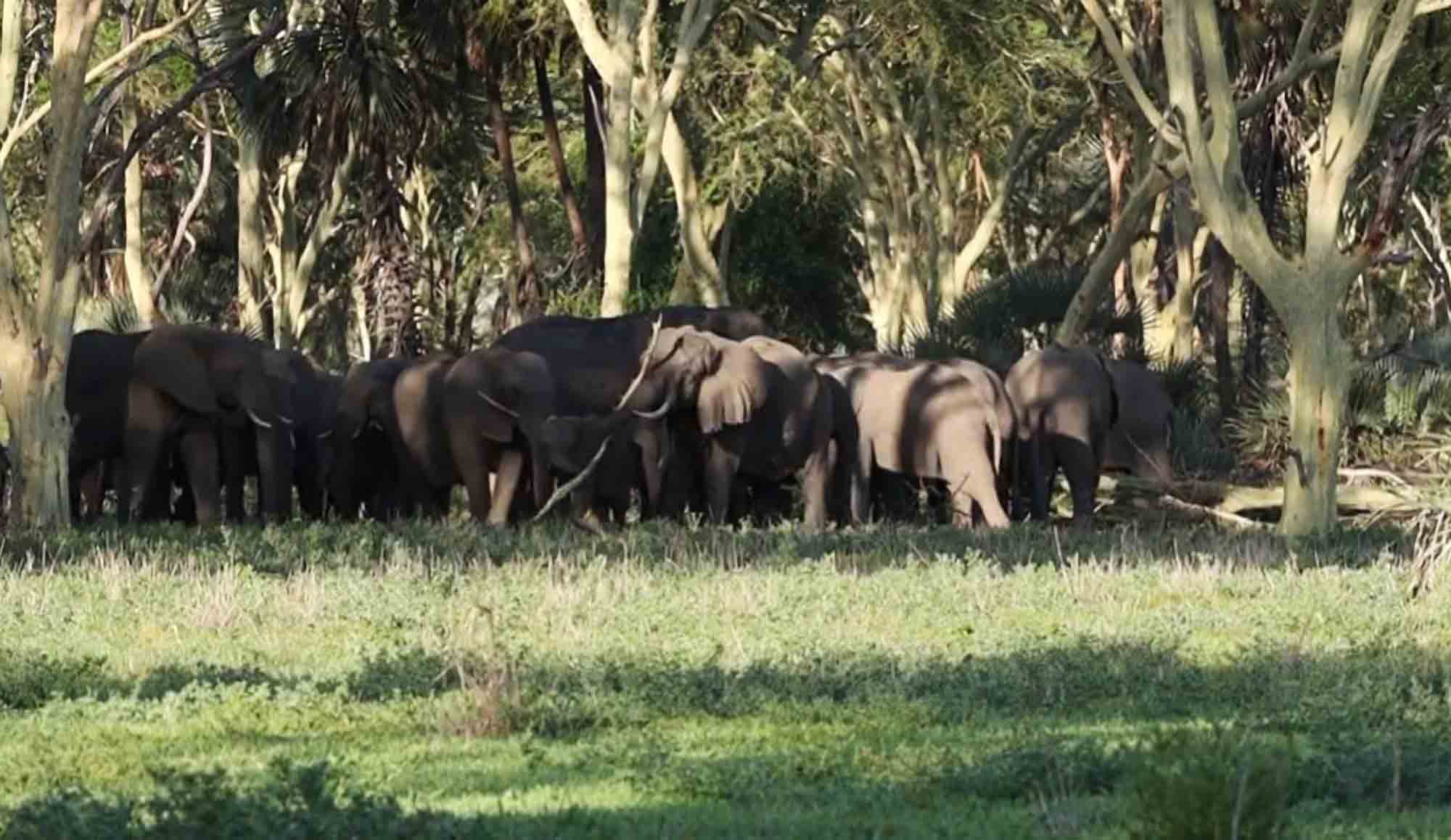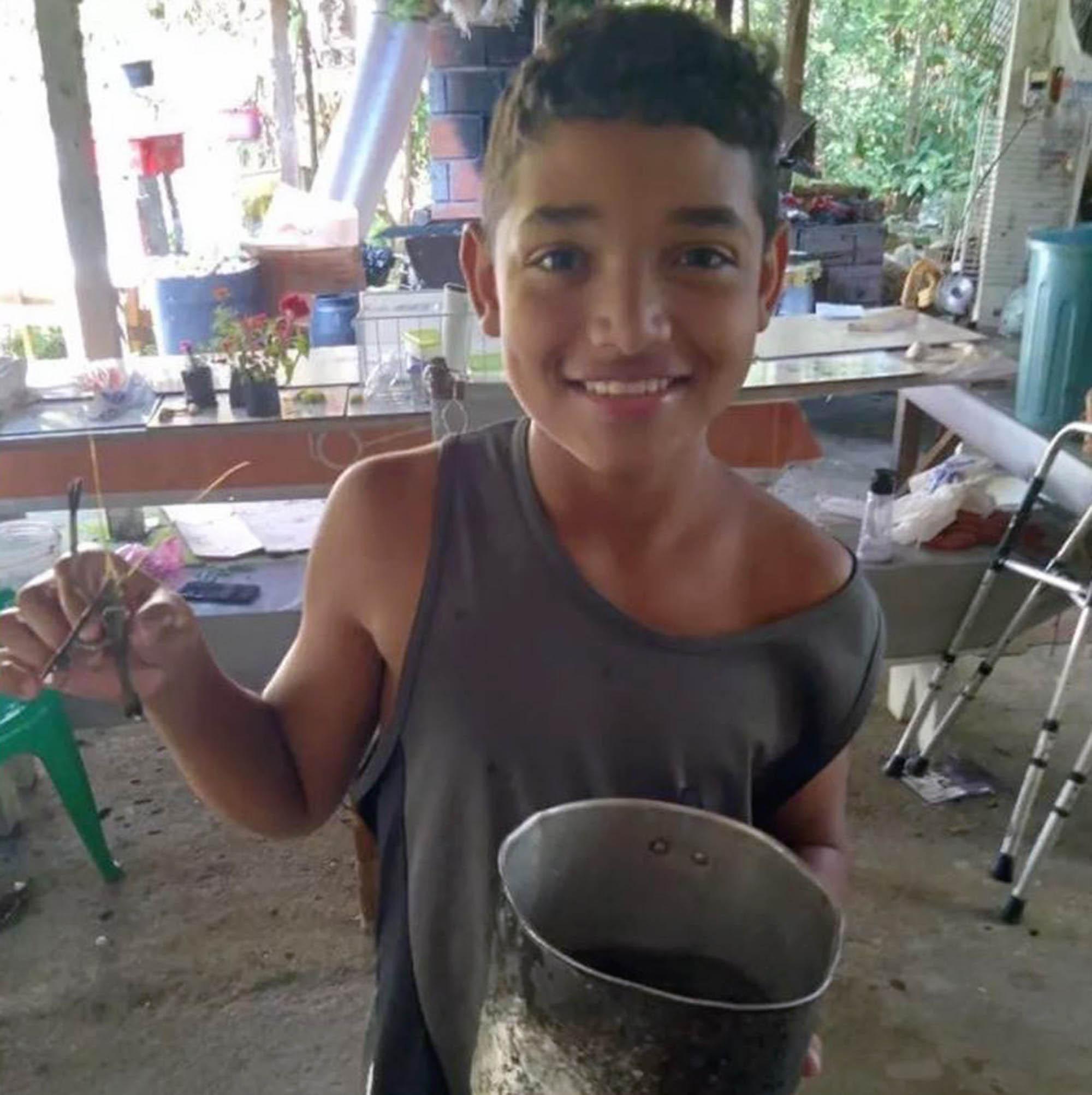Two young German entrepreneurs are determined to revolutionise beekeeping with their cylindrical-shaped hives.
Philip Potthast and Fabian Wischmann founded their startup, Hiive, in Teltow on the southeastern outskirts of Berlin in 2021.
The duo apparently does not shy away from causing a rift with the country’s thousands of conventional apiarists. On the company website, they underline that there was “no need to harvest honey if you don’t want to.”
They add: “Honey is the food stock of bees. If you take it, you should always be mindful and not ‘steal’ too much of it. If you don’t want to take any honey at all out of your HIIVE – that’s totally fine and even better for bees.”
The entrepreneurs claim that the clay and wood cover of their invention protects the honeybee colonies from wind and rainfall. According to Philip and Fabian, their hives are also more effective when it comes to insulation.
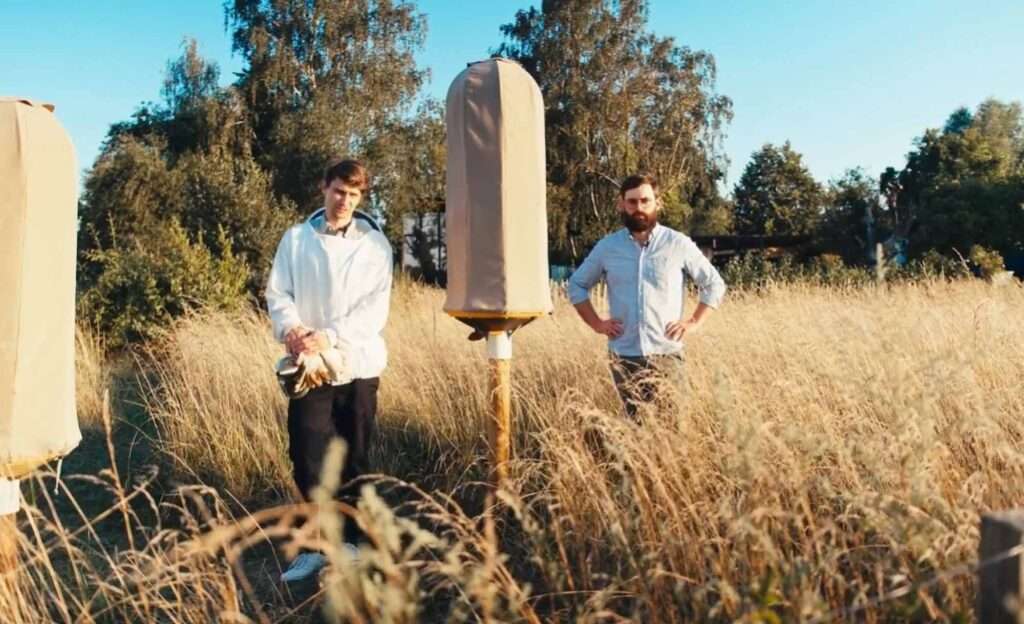
Their decision to proceed with a cylindric shape has reportedly been inspired by the shape of tree trunks. Undomesticated honeybees opt for hollow trees and caves as natural nesting sites.
Germany is one of Europe’s biggest producers of honey. For around 99 per cent of the Central European country’s 170,000 beekeepers, apiculture is just a leisure-time activity.
In 2021, they managed approximately 982,000 hives. Selling honey at local markets and organic food stores is a welcome additional income for hobbyist beekeepers.
The Hiive founders presented their product – which costs EUR 490 (GBP 430) – at the Green Week, an international agriculture and food fair which recently took place in Berlin.
Speaking to the Berliner Zeitung about the history of beekeeping, Philip underlined that the honeybee of the 21st century was “basically the same animal as 30 million years ago, except for being weakened by breeding.”
The Hiive co-founder called this development “a mistake.”

